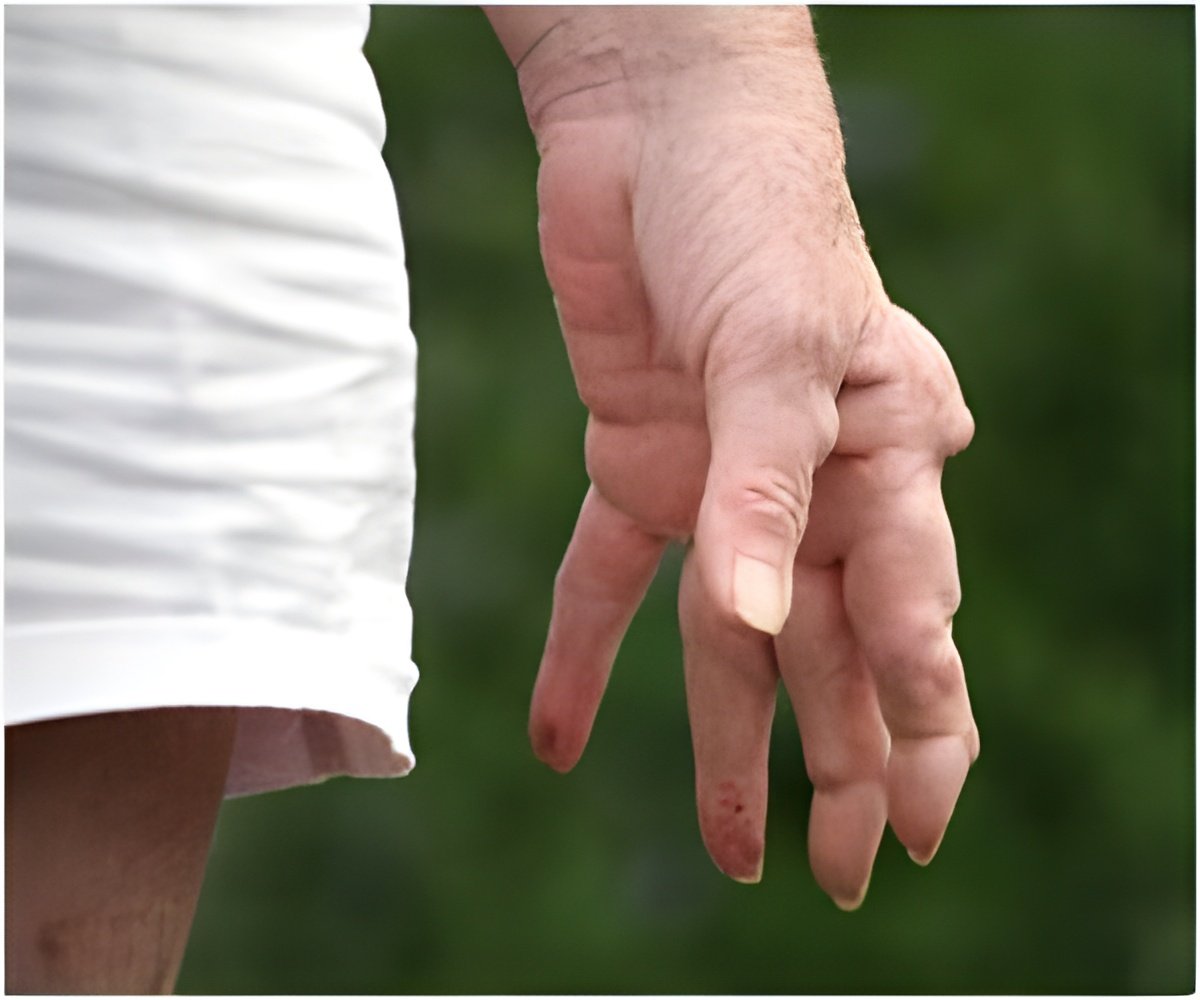A new study says that patients treated with certolizumab pegol (CZP) were twice as likely to meet the primary endpoint of ACR20* response at week 12.

"We know that certolizumab is effective in rheumatoid arthritis but this is the first study to review its efficacy and safety in psoriatic arthritis," commented Dr. Mease, University of Washington, USA and lead author of the study. "Not only were the signs and symptoms of arthritis improved, but so too were patients' physical function and skin manifestations, which is a great breakthrough for us and our patients."
The study followed 409 patients with active psoriatic arthritis who had failed one or more disease modifying anti-rheumatic drugs (DMARDs) including a maximum of one anti-TNF. Patients were randomised 1:1:1 to placebo, or started on a loading dose of 400mg CZP every two weeks for the first four weeks then continued either on 200mg CZP Q2W or 400mg CZP Q4W. Patients receiving placebo who failed to achieve a ≥10% improvement in tender joint count (TJC) and swollen joint count (SJC) at both weeks 14 and 16 were rescued and randomized to one of the CZP arms following loading dose.
CZP use in psoriatic arthritis was associated with a similar safety profile to what has been observed in rheumatoid arthritis. Adverse events occurred at the rates of 68% for the placebo group versus 62% for the combined CZP group, and serious adverse events at 4% for the placebo group versus 7% for the combined CZP group. Two deaths occurred during this 24 wk double-blind phase of the study, one sudden death of unknown cause (CZP 400mg Q4W) and one myocardial infarction (CZP 200mg Q2W).
Abstract Number: LB0001
Advertisement








